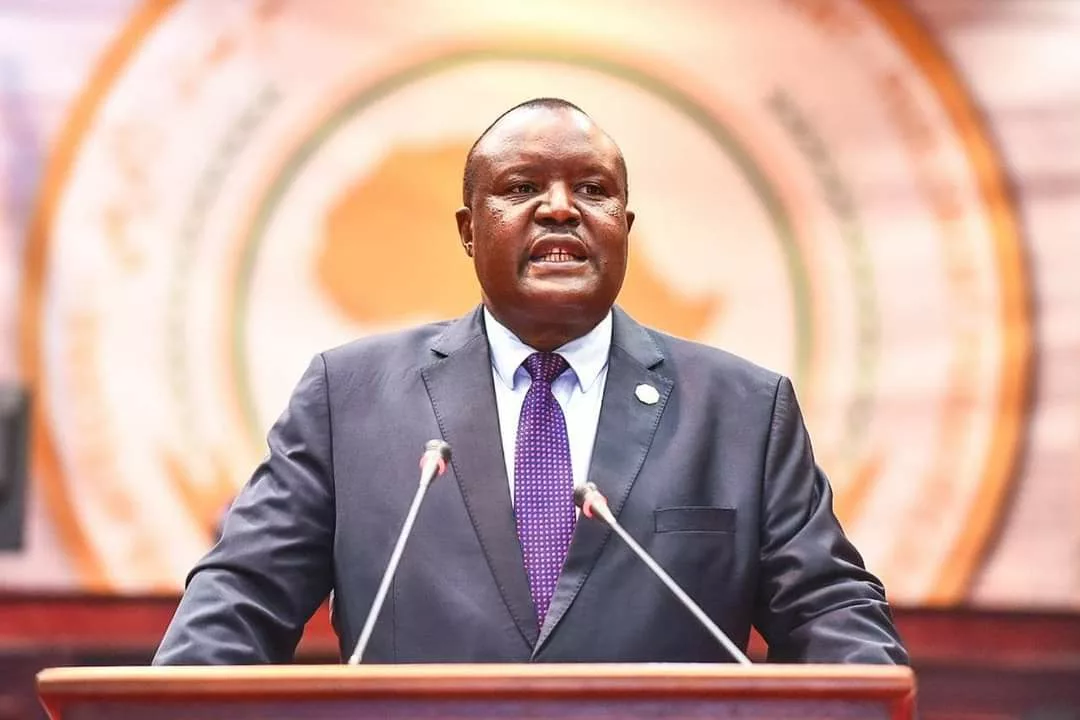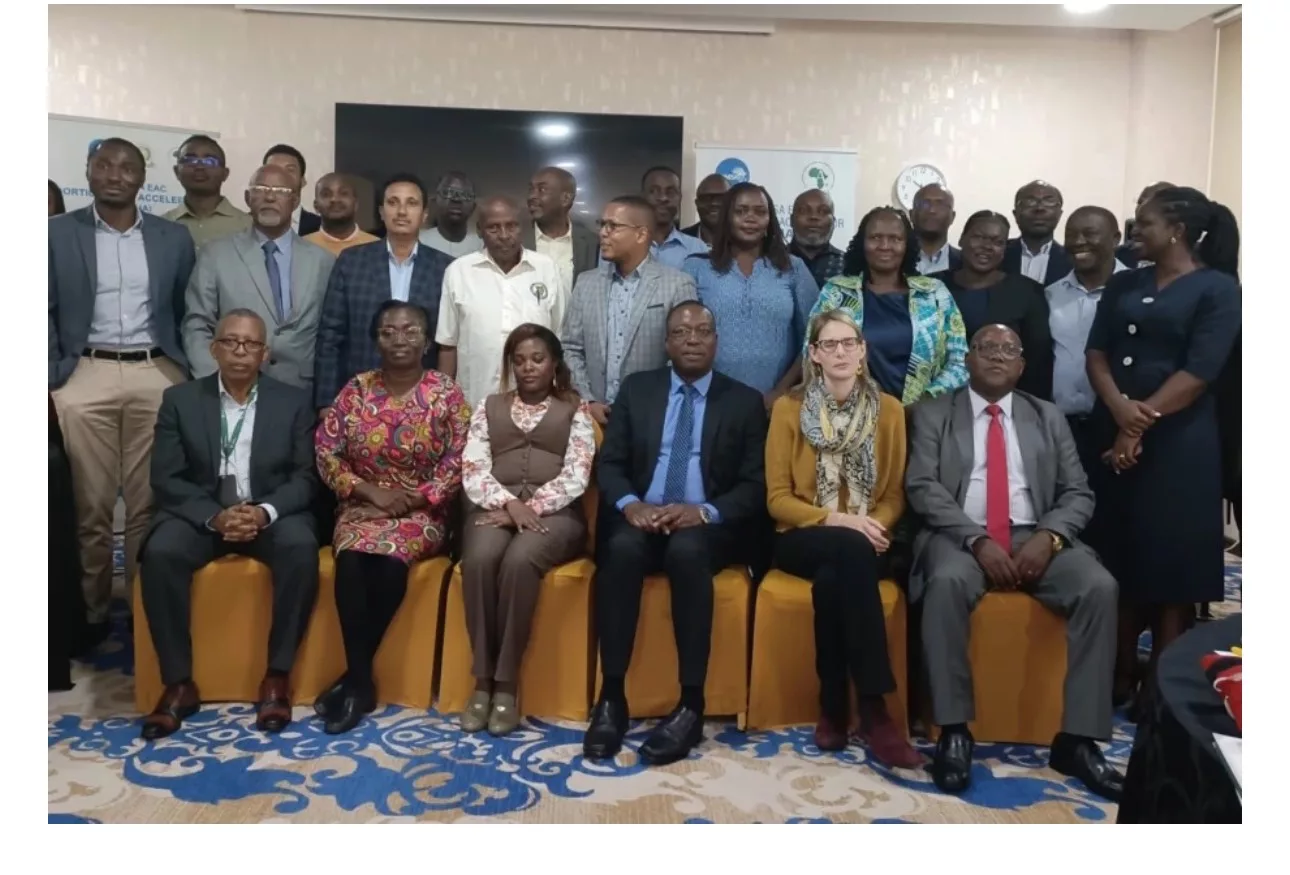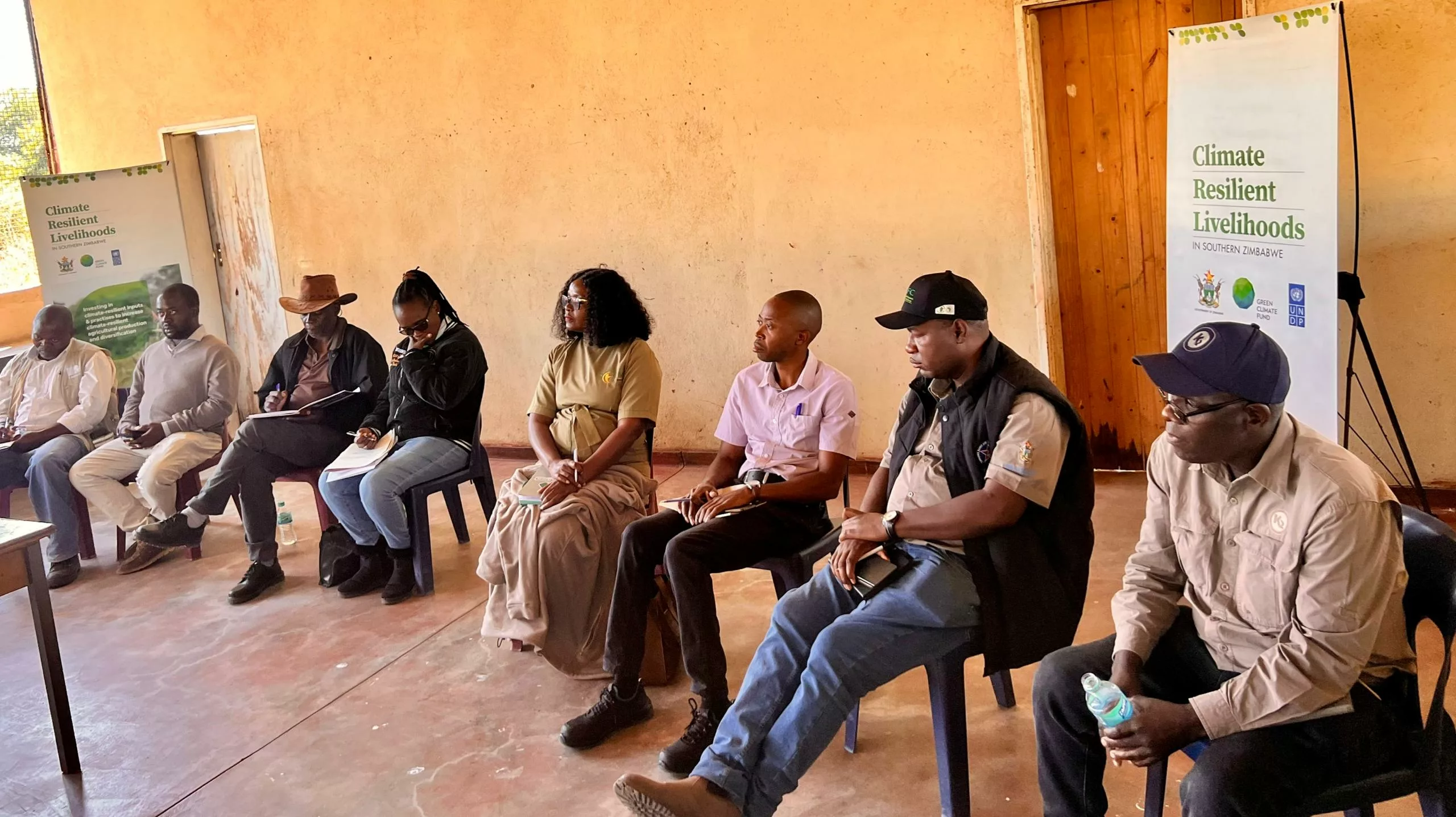G20 Agricultural Chief Scientists (G20-MACS), held from 26-28 May 2025 in Polokwane, under South Africa’s G20 Presidency identified actionable science, technology, and innovation actions to advance the United Nations 2030 Agenda for Sustainable Development Goals (SDGs), the African Union’s Agenda 2063, and the Africa Common Position on Food Systems.
In her address, Nakedi Kekana, a Member of the Executive Committee of South Africa’s Department of Agriculture and Rural Development at the Limpopo Provincial Legislature said the event, a first for Africa, held immense significance not only for South Africa but for the entire African continent as stakeholders united under the banner of “Solidarity, Equality, and Sustainability” during South Africa’s presidency of the G20.
She said agriculture plays a pivotal role in global food systems, particularly as the world faces the pressing challenges of hunger, climate change, and economic inequality.
“Today, over 700 million people around the globe are grappling with food insecurity. Sub-Saharan Africa, in particular, bears the heaviest burden. The transformation of our agrifood systems is no longer an option—it is an urgent necessity. We must leverage science, technology, and innovation to build resilient food systems that ensure food security for all and provide sustainable livelihoods to millions. Here in Limpopo, we are deeply committed to the vision of a transformed, sustainable, and inclusive agricultural sector.
“Under the leadership of Premier Dr. Phophi Ramathuba, the Limpopo Provincial Government has been championing initiatives that bridge the gap between agricultural development and socio-economic empowerment,” Kekana said.
She added that Limpopo’s commitment to the transformation of agrifood systems is embodied in projects like Kgarose Kgarose, a flagship agro-processing initiative aimed at enhancing food security, creating jobs, and empowering local communities. Kekana acknowledged the tireless efforts of innovators like Edward Kgarose, whose work continues to inspire the pursuit of agricultural advancement and economic resilience.
Limpopo Province is a model of how local action can contribute to global solutions. By embracing climate-smart agricultural practices, investing in precision farming, and promoting sustainable agro-processing, the province is paving the way for a greener, more inclusive agricultural economy.
In the context of the G20, South Africa—through its leadership in agricultural science and policy—is well-positioned to serve as a beacon of progress for the African continent. Its success in addressing food insecurity, promoting biodiversity conservation, and empowering women and youth in agriculture will set a powerful example for the rest of the world.
Mpho Mashamba, the Limpopo Acting Head of the Department of Agriculture and Rural Development said the issue of global food security is key for the sustenance of humanity.
“As highlighted, the issue of establishing sustainable agrifood systems is not a smooth issue without challenges. The meeting highlighted among others the challenges of climate change, water scarcity, natural resource and biodiversity loss, as well as poor soil health. With these challenge issues so ably articulated, it can be said that the Priority Themes of the Meetings of Agricultural Chief Scientists were very well crafted and are indeed informed by the key challenges prohibiting sustainable agrifood systems,” Mashamba said.
She added that the establishment of sustainable agrifood systems should be based on science, global Collaboration in Agricultural Research, and innovation which includes the importance of international cooperation in agricultural research to tackle issues such as malnutrition, hunger, and the impacts of climate change.
Mashamba said sustainable agrifood systems should be informed by the needs of farmers and indeed all other pertinent role players; involve partnerships, be it nationally, internationally, and globally; and should be accompanied by capacity building; and supported by requisite investments, both public and private investments, while involving the formulation of policies that are based on science.
Recognizing soil as a foundational element of food systems, the G20 discussions highlighted the importance of soil regeneration, carbon sequestration, and sustainable land use practices to enhance agricultural productivity and environmental resilience.
The meeting’s focus aligned with South Africa’s broader G20 presidency theme of “Solidarity, Equality, Sustainability”, emphasizing inclusive growth and sustainable development across the continent.
Key dignitaries who graced the occasion included South Africa’s Deputy Minister of Agriculture, Ms. Nokuzola Capa; Polokwane Municipality Executive Mayor, Cllr John Mpe; Dr. Litha Magingxa, the President and CEO of the Agricultural Research Council, South Africa; Prof Lindiwe Majele Sibanda, the CGIAR Integrated Partnership Board Chairperson; and Mr. Mooketsa Ramasodi, the Director General, Department of Agriculture, South Africa.






